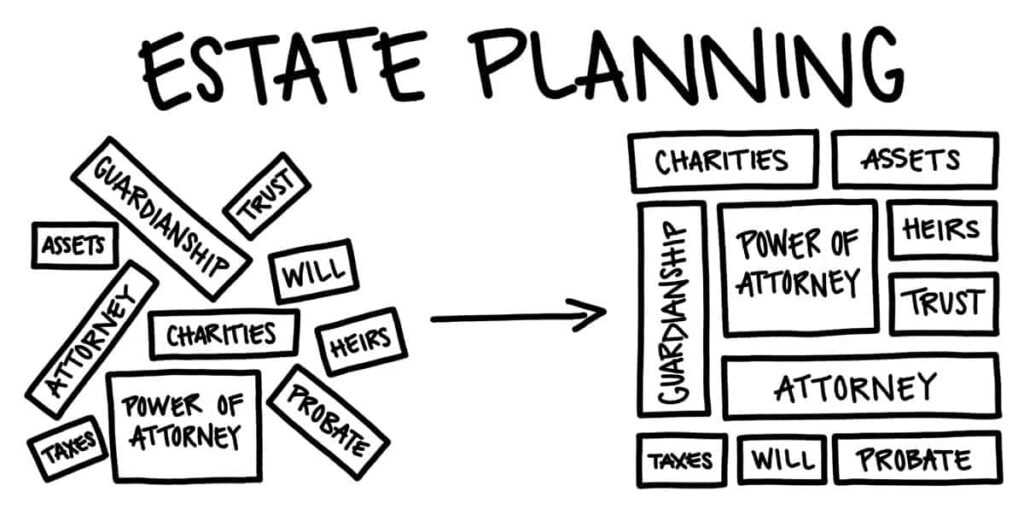When trying to decide the best home care solution for your aging loved one, it helps to explore all your options. The information provided can help you explore the benefits of agency-based home care, answer some of your commonly asked questions, and help you understand what to ask when deciding on an agency for your care needs.

10 advantages of agency-based home care
- Caregiver background checks, reference checks and ongoing drug screening
- Liability insurance for accidents and wrongdoing, workers compensation insurance for caregiver injuries
- Backup caregivers allow for continuity of care, no breaks in service, and having family/friend to manage
- Access to RN’s, Case Managers, & schedulers
- Continuing education and training of your caregivers on latest industry techniques
- Industry and Department of Human Services oversight on best practices,
- Quality assurance programs to ensure the standard of care
- Access to long-term care insurance for those with policy in place
- Access and assistance with obtaining Veterans Aid and; Attendance pension for home care
- Peace of mind
Cost of agency-based home care versus private home care
If cost is a consideration for you, then you should know that agency-based home care does tend to have a higher average cost at about $38/hr while private home care may only cost, on average, $22/hr.
Commonly asked questions about agency-based care
Are “Home Health” and “In-Home Care” the same thing?
Home Health is a medical service for people who are homebound which includes skilled nursing, at-home physical therapy, pain and prescription management, and wound care. Home Care is classified as non-medical assistance with daily activities including personal care, meal preparation, light housekeeping, ambulatory assistance, medication administration, and nurse delegated care. Although agencies can manage medications and some minor wound care, they are limited in their medical services.
Will my Medicare or Health Insurance pay for my services?
No, both are medical insurances. The entire home care industry is non-medical. The only insurance that ensures a benefit for home care is Long Term Care insurance.
What questions should you ask an agency when deciding on care and why
Do you pay your caregivers as employees or as contract employees?
It is a State law that all agencies must employ their caregivers as employees.
Will I have the same caregiver every shift?
Any case that is 5 or fewer days per week and less than 8 hours and one shift per day, should be scheduled with one caregiver. Caregiver availability is a rising challenge so you may need a second caregiver, but you should see the same caregiver(s) on a weekly basis.
If I am unsatisfied with my caregiver what can I do?
You should have the ultimate choice in your caregiver. It is wise to try and work out issues, as caregivers want to please you and are willing to adapt, but if you don’t have a choice, look elsewhere.


